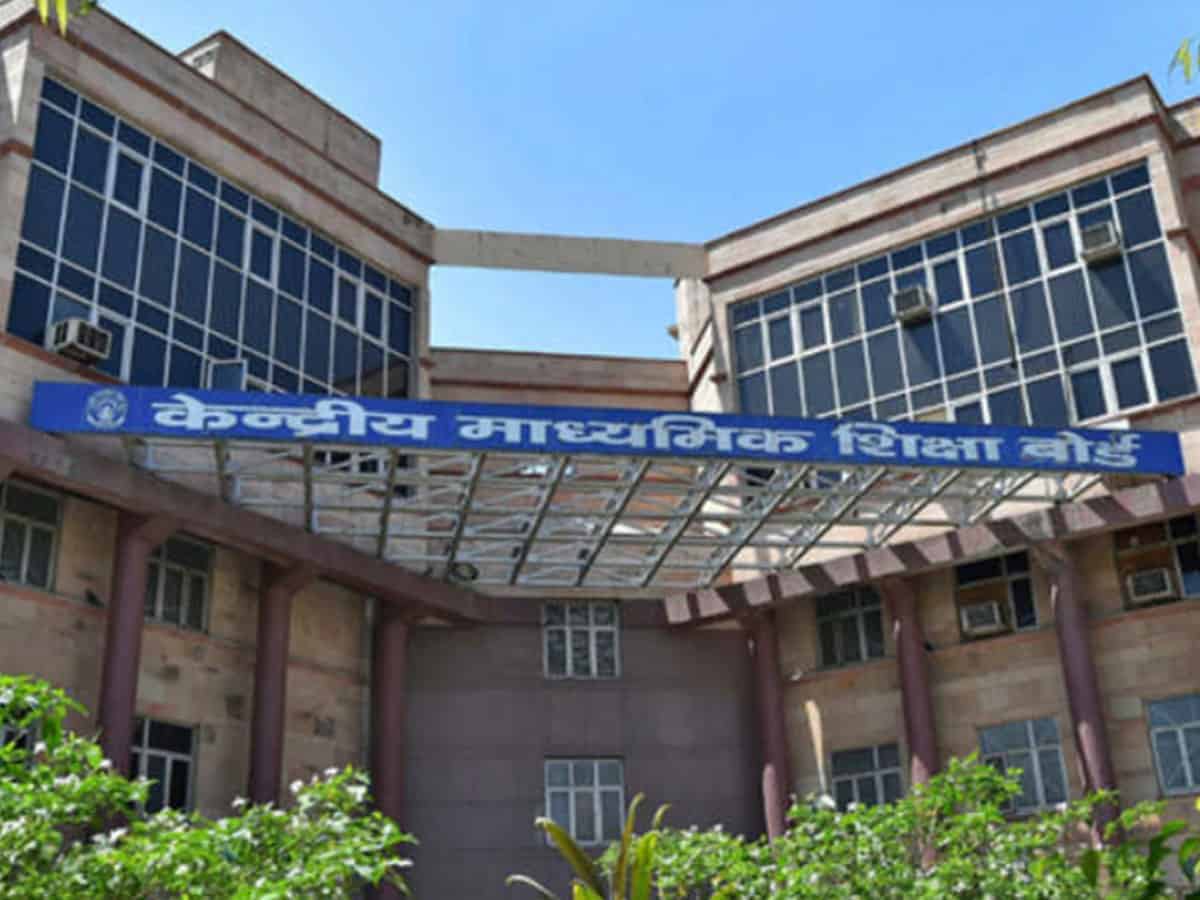Sruthi Vibhavari
Norman Douglas, a popular British writer once said, “Education is a state-controlled manufactory of echoes.”
Keeping in view of the pandemic-induced academic loss, the HRD ministry on July 8 announced at least a 30% reduction in the CBSE course-load for classes 9-12 for the academic year 2020-21. According to the officials, the rationale behind this move is to reduce the burden among the students, whilst retaining the core concepts.
It also prepared an alternative academic calendar for Classes 1 to 12 to support pedagogy in affiliated schools.
Among several others, chapters on federalism, democracy, secularism, citizenship, gender, caste, partition, popular struggles and movements, and food security fell under the axe of the CBSE. Though the board justifies it to be a one-time measure to cater to the academic loss caused by the COVID-19 crisis, academicians around the country believe there is an agenda involved as these are crucial chapters that educate the students on the socio-economic structure of the country. The chapters related to demonetization and GST also faced the syllabus-cut.
Looking at the reduction in the syllabi of social sciences across classes, academicians claim that more importance was given to political considerations over academic concerns. The exercise also seems contentious because many of the eliminated chapters do form the part of the core concepts.
Historically, syllabus changes have often been pawns of ideology. Hidden agendas dominated the rationale of syllabus upgradations, not shedding biases and being relevant with time. We saw this happening in the previous NDA regime and subsequent UPA regimes. And now, by citing the pandemic, the government cleaned-up such lessons that teach the country’s diversity, plurality and democracy to the students. The crisis is devastating, yet it does not justify the ideological-driven pedagogy.
Not just in social sciences, certain key chapters from Mathematics and Sciences also faced the wrath of the syllabus-cut. Calculus and Three-Dimensional Geometry, Binomial Theorem in Mathematics, Gravitation and Newton’s Laws of Motion in Physics and General Organic Chemistry are some of the topics that are scrapped. Concerns are also on the rise whether the syllabus crunch would impact the entrance examinations like NEET and JEE.
When reached out for a comment, no response was received from several CBSE school managements. A teacher, who chose to remain anonymous, said that there is a need for revision of syllabus and not reduction to prepare students for the new world.
Besides, the Board of School Education, Haryana also followed the same path and reduced the syllabus of classes 9- 12, state education minister Kanwar Pal mentioned in a press release on July 9. Rajasthan and Goa boards also are mulling reduction of the syllabus.
It appears that the trend of cutting down syllabus on the bases of ideology of the government would continue. Therefore, it is of immense importance that public intellectuals and educationists should come forward and assert that it is not the way to reduce the syllabi, even if it is necessary in critical times.

